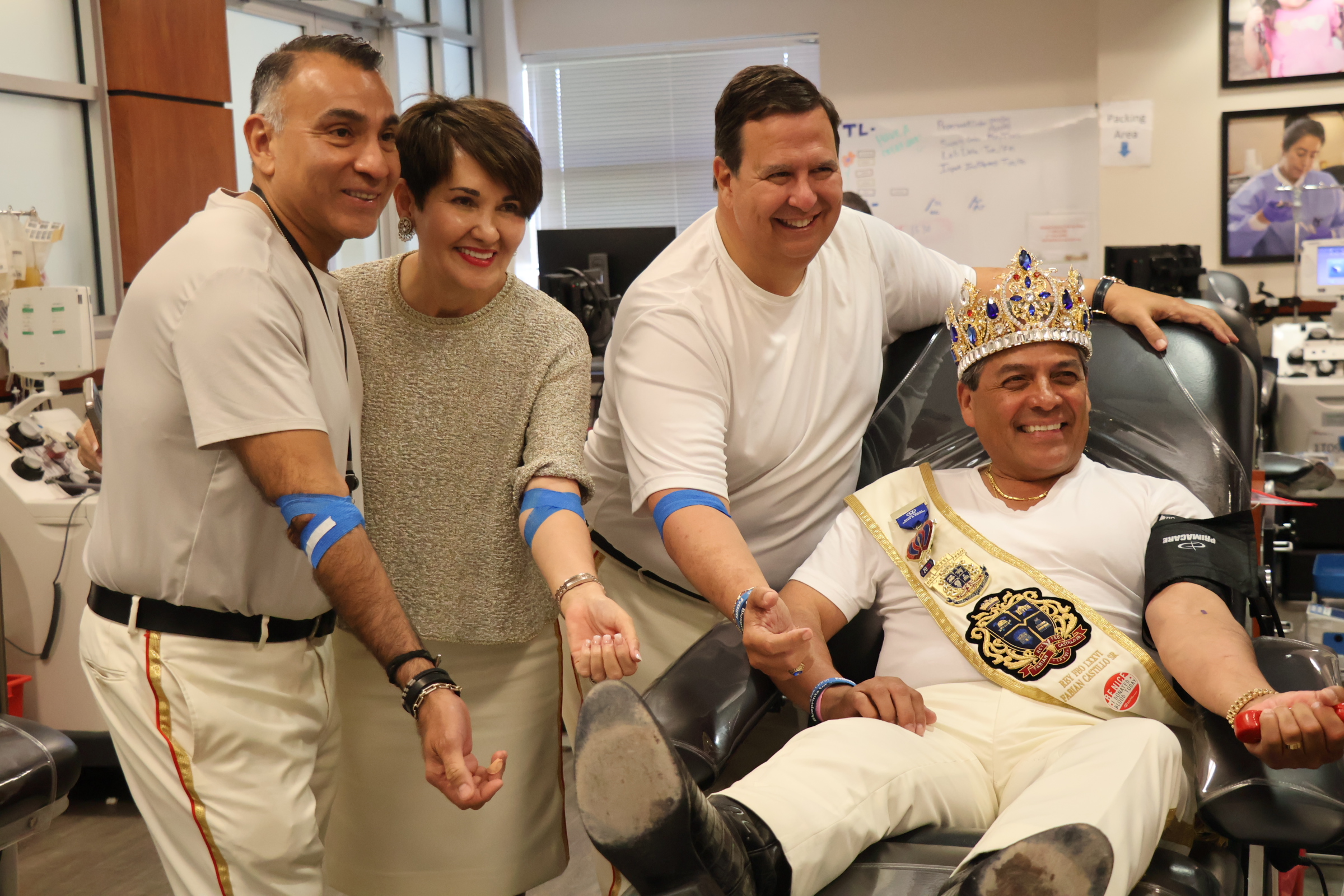Blood transfusions are crucial treatment for people with sickle cell disease
September is Sickle Cell Awareness Month and blood centers across the nation are raising awareness of the need for increased diversity among blood donors, with a goal of meeting the needs of minority populations.
Blood transfusions are often needed to relieve symptoms of sickle cell disease, an inherited blood disorder affecting approximately 100,000 people across the country and occurring in 1 out of every 365 African American births.
Patients who receive frequent blood transfusions, such as those with sickle cell disease, often require several from blood donors of similar ethnic and racial backgrounds. In some cases, sickle cell patients may need multiple blood transfusions in a day.
Patients like Breanna Morgan, who was born with sickle cell disease, need blood transfusions to combat the painful effects of the disease and to replenish her low blood cell counts. Sickle cell has caused Breanna to spend many months of her life in hospitals receiving treatment, including more than a dozen blood transfusions.
“Usually when I get blood transfusions, it’s a positive experience. You feel recharged, like your body’s getting better,” Breanna said.
Despite the importance of blood transfusions as part of treatment for sickle cell, less than 20% of blood donations come from communities of color. Increasing that percentage is one of the best ways to support individuals with diseases like sickle cell, since one in three African-American blood donors are a match for a sickle cell patient.
“Sickle cell patients rely on a diverse and available blood supply to treat the effects of this disease and alleviate complications,” said Dr. Samantha Ngamsuntikul, Associate Medical Director, South Texas Blood & Tissue.
Donors wishing to help can make an appointment to donate at one of nine donor centers or blood drives across the community. To schedule visit SouthTexasBlood.org or call 210-731-5590.




